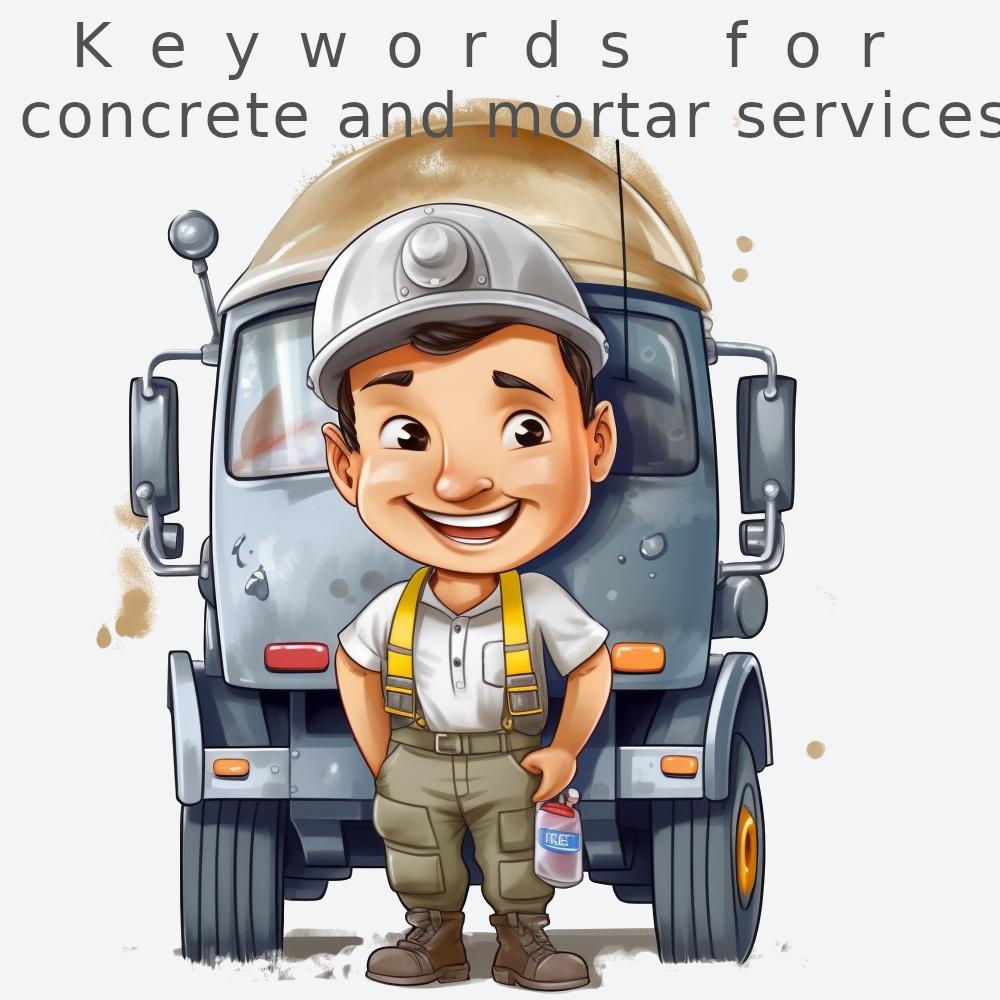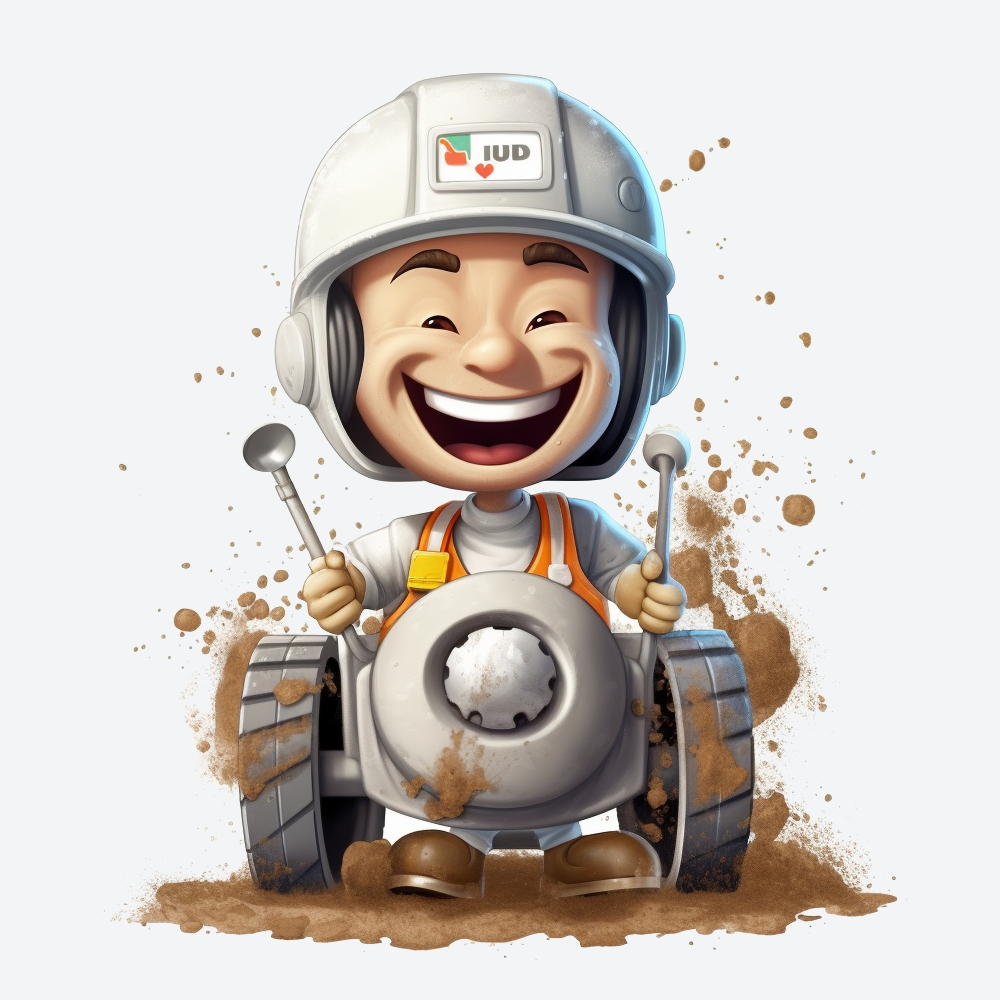








If you want to succeed in today's competitive online landscape, it's crucial to create content that resonates with your target audience and helps you stand out from the crowd. But how can you ensure that your content is discoverable and visible to the people who matter most – your potential customers? That's where the semantic core and keyword research come in. By identifying the words and phrases that your target audience is searching for, you can create content that is optimized for search engines and designed to meet their needs. By using the logical connection between your semantic core and keywords, you can develop a content strategy that helps you attract and retain customers, build brand awareness, and grow your business online. So, don't miss out on this opportunity – start using the power of semantic core and keywords to create content that helps you achieve your business goals today!
Before you start to create your content by using the right keywords and phrases, please do remember (!) :
The semantic core refers to the set of words or phrases that are the most important and relevant to the content of a piece of text. In the context of search engine optimization (SEO), the semantic core of a website or webpage is the group of keywords and phrases that are used to describe the main topics and themes of the content.
Developing a strong semantic core is important for SEO because it helps search engines understand the relevance and significance of the content on a webpage. By including relevant keywords and phrases in the content, meta tags, and other on-page elements, website owners can improve their chances of ranking higher in search engine results pages (SERPs) for queries related to their business or industry.
The semantic core of concrete and mortar refers to the group of words and phrases that are most relevant and important to these materials. Here are some key terms that make up the semantic core of this field:
Concrete:
Portland cement
Aggregates
Water
Admixtures
Ready-mix concrete
Precast concrete
Reinforced concrete
Lightweight concrete
High-strength concrete
Colored concrete
Stamped concrete
Concrete block
Concrete pump
Concrete mixer
Concrete finish
Mortar:
Portland cement
Sand
Water
Lime
Masonry cement
Type N mortar
Type S mortar
Type M mortar
Type O mortar
Pointing mortar
Tuckpointing mortar
Colored mortar
Masonry jointer
Mortar mixer
Mortarboard
Note (!) that the above list is not exhaustive, but rather provides a sample of the most common and widely used materials and tools in the concrete and mortar industry.
Here are some relevant keywords for concrete and mortar:
Concrete:
Portland cement
Aggregate
Water
Admixtures
Ready-mix concrete
Precast concrete
Reinforced concrete
Lightweight concrete
High-strength concrete
Colored concrete
Stamped concrete
Concrete block
Concrete pump
Concrete mixer
Concrete finish
Mortar:
Portland cement
Sand
Water
Lime
Masonry cement
Type N mortar
Type S mortar
Type M mortar
Type O mortar
Pointing mortar
Tuckpointing mortar
Colored mortar
Masonry jointer
Mortar mixer
Mortarboard
Note (!) that this list is not exhaustive, as there are many different types and variations of concrete and mortar used in construction.
By incorporating carefully chosen keywords into your business profile in our catalog, you can significantly improve your search rankings and attract more relevant leads. Think of these keywords as your secret weapon for reaching the right customers at the right time.
Unlock the true potential of your business with Mapolist – where strategic keywords and success go hand in hand. Sign up now and let the world find you!

We use cookies
We use cookies and other tracking technologies to improve your browsing experience on our website, to show you personalized content and targeted ads, to analyze our website traffic, and to understand where our visitors are coming from. Privacy Policy.
